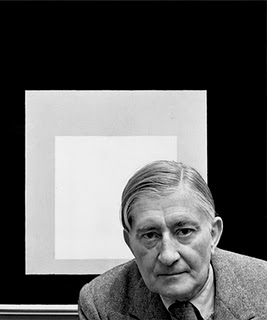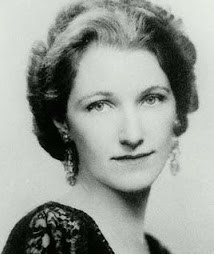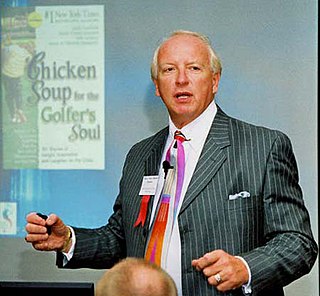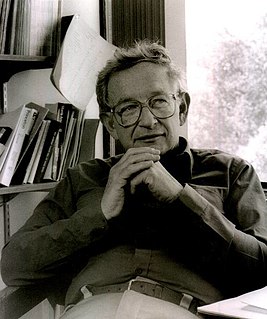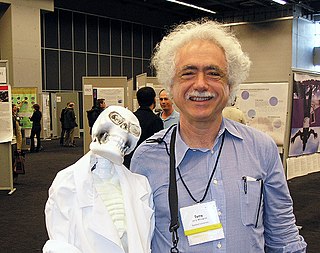A Quote by Robert Half
Asking the right questions takes as much skill as giving the right answers.
Related Quotes
Most people believe that great leaders are distinguished by their ability to give compelling answers. This profound book shatters that assumption, showing that the more vital skill is asking the right questions…. Berger poses many fascinating questions, including this one: What if companies had mission questions rather than mission statements? This is a book everyone ought to read—without question.
religion is about having the right answers, and some of their answers are right... but i am about the process that takes you to the living answer... it will change you from the inside. there are a lot of smart people who are able to say a lot of right things from their brain because they have been told what the right answers are, but they don't know me at all.
Feynman's cryptic remark, "no one is that much smarter ...," to me, implies something Feynman kept emphasizing: that the key to his achievements was not anything "magical" but the right attitude, the focus on nature's reality, the focus on asking the right questions, the willingness to try (and to discard) unconventional answers, the sensitive ear for phoniness, self-deception, bombast, and conventional but unproven assumptions.



